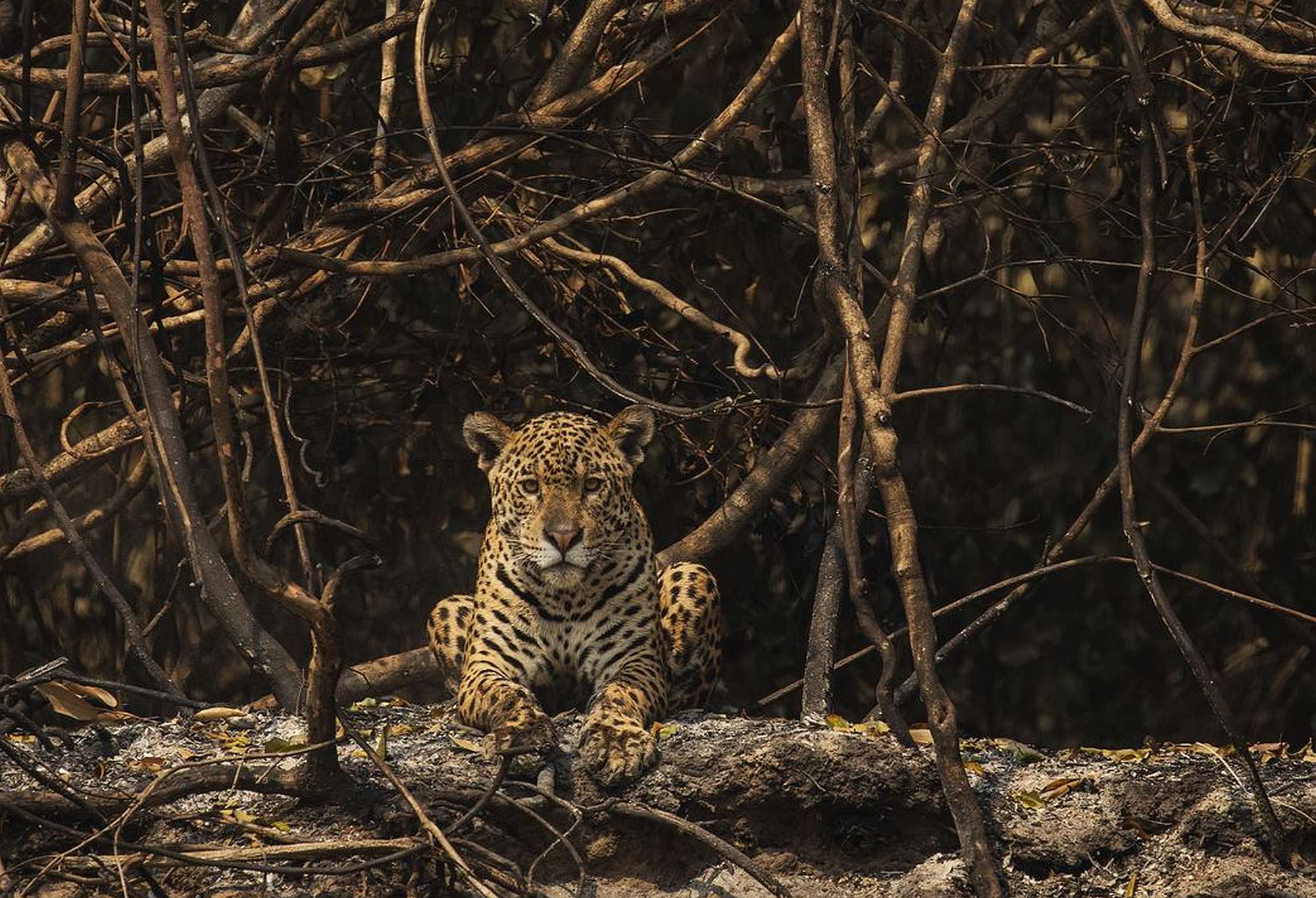Fires are raging in the wetlands of west-central Brazil, leaving behind a vast swath of charred ruins in a paradise of biodiversity. The enormous fires have destroyed nearly 12% of the world’s largest tropical wetland, partially reducing to ashes one of the most biologically diverse ecosystems on the planet.
The fires, often set by ranchers and farmers to clear land but exacerbated by the most severe drought in 47 years, are out of control, authorities say.
The Pantanal, which also covers areas of Bolivia and Paraguay, is home to roughly 1,200 vertebrate animal species, including 36 that are threatened with extinction. The region is home to rare birds and the world’s densest population of jaguars.
Scientists say the magnitude of the loss cannot be estimated. Satellites of the National Institute for Space Research reported that from January to September, 14,764 fire spots swept the Brazilian side of this biome, an increase of 214% from the same period in 2019.
The fires in the Pantanal this year quadruple the size of the largest fire in Brazil’s Amazon rainforest, according to the US National Aeronautics and Space Administration (NASA). The Pantanal is smaller and less-known than the Amazon jungle, but the region has abundant waters and a strategic location.
The fires raged across an estimated 20,360 sq km between January and last month, according to an analysis conducted by NASA for The New York Times, based on a new system to track fires in real time using satellite data. That is an area slightly larger than New Jersey.
The previous record was in 2005, when about 11,935 sq km burned in the biome during the same period.
To the north, the fires in the Brazilian Amazon – many of them also deliberately set for commercial clearing – have been ruinous as well. The amount of Brazilian rainforest lost to fires this year has been similar to the scale of the destruction last year, when the problem drew global condemnation.
The enormous scale of the fires in the Amazon and the Pantanal, several of which were visible to astronauts in space, has drawn less attention in a year overwhelmed by the coronavirus pandemic and the upcoming US election.
But experts called this year’s blazes a particularly jarring loss and the latest ecological crisis that has unfolded on the watch of President Jair Bolsonaro, whose policies have prioritized economic development over environmental protections.
“The fires in the Pantanal this year are really unprecedented,” said Dr. Douglas C. Morton, chief of the Biospheric Sciences Laboratory at the NASA Goddard Space Flight Center. “It’s a massive area.”
Seeking to burnish its image, the government in July declared a 120-day prohibition on fires in the Amazon and the Pantanal. But experts said such measures have served mainly to manage the public relations crisis.
The fires in the Brazilian Amazon are becoming stronger, aggravated by deforestation, for which environmentalists blame President Jair Bolsonaro, accusing him of encouraging intervention in protected lands.
Mercopress

